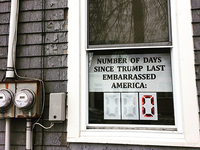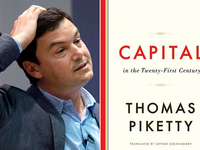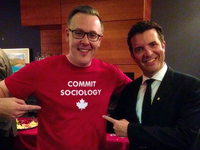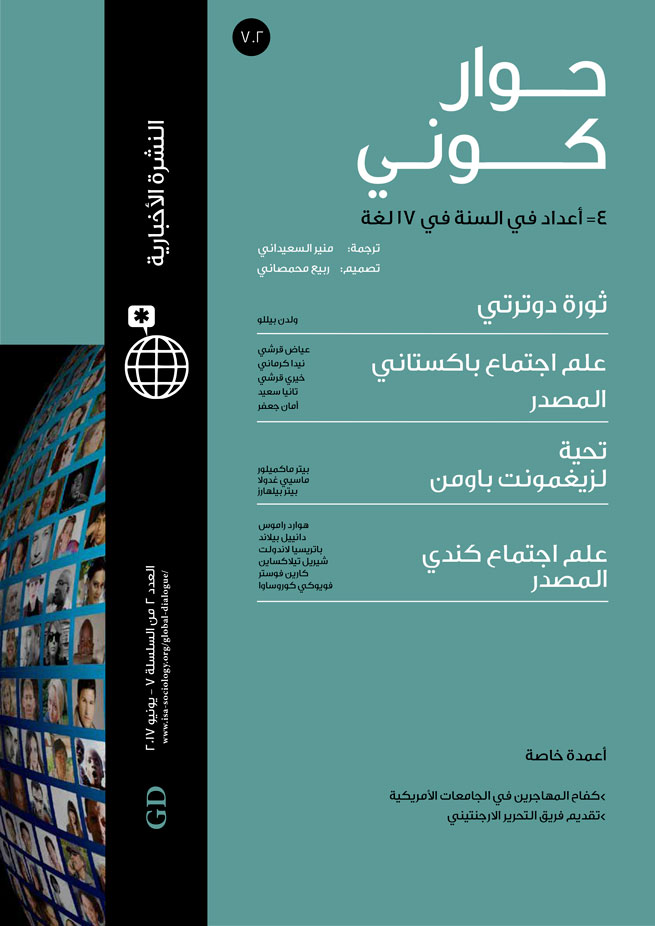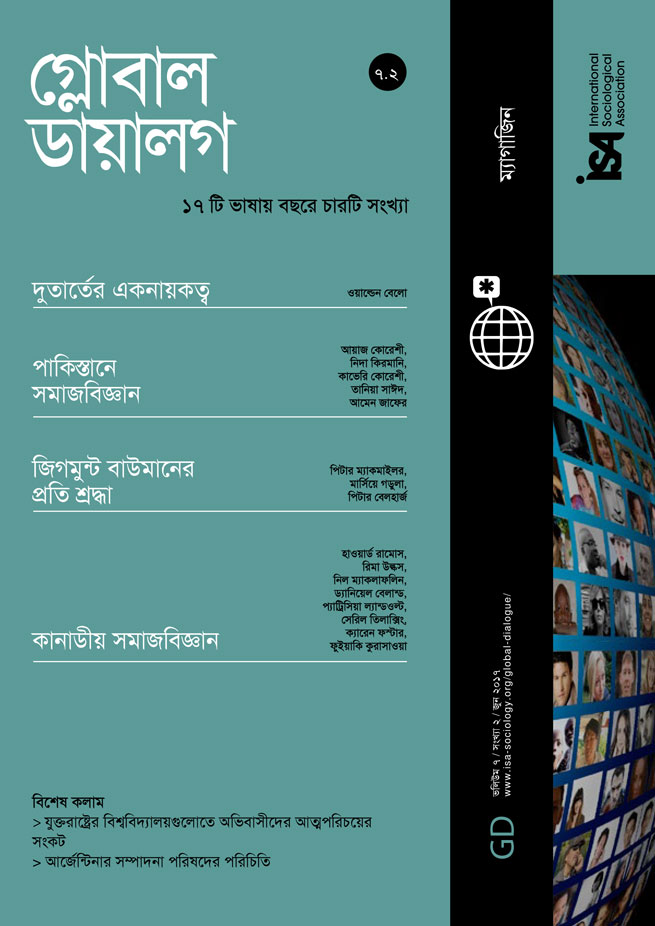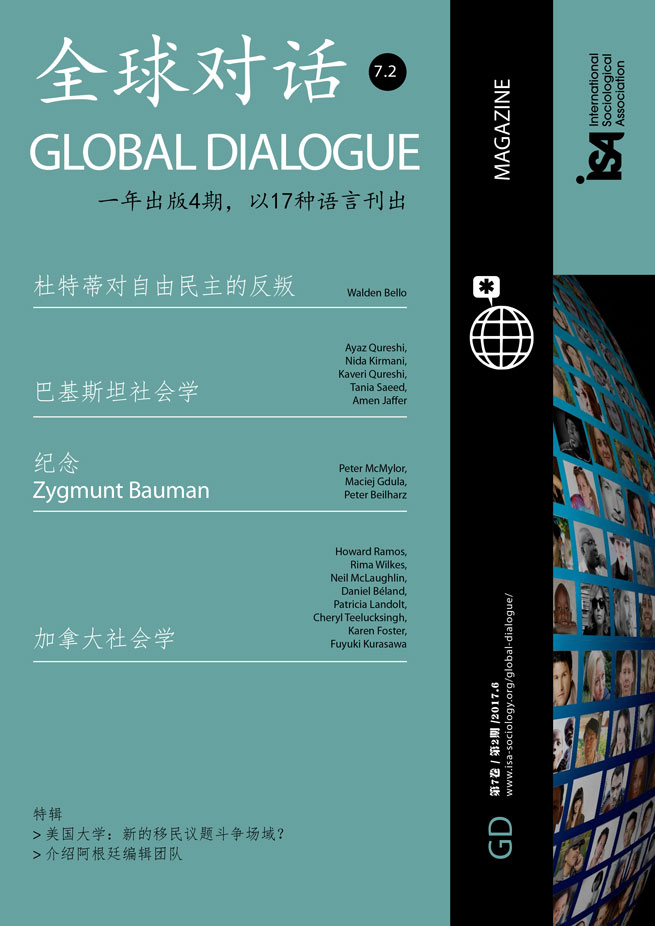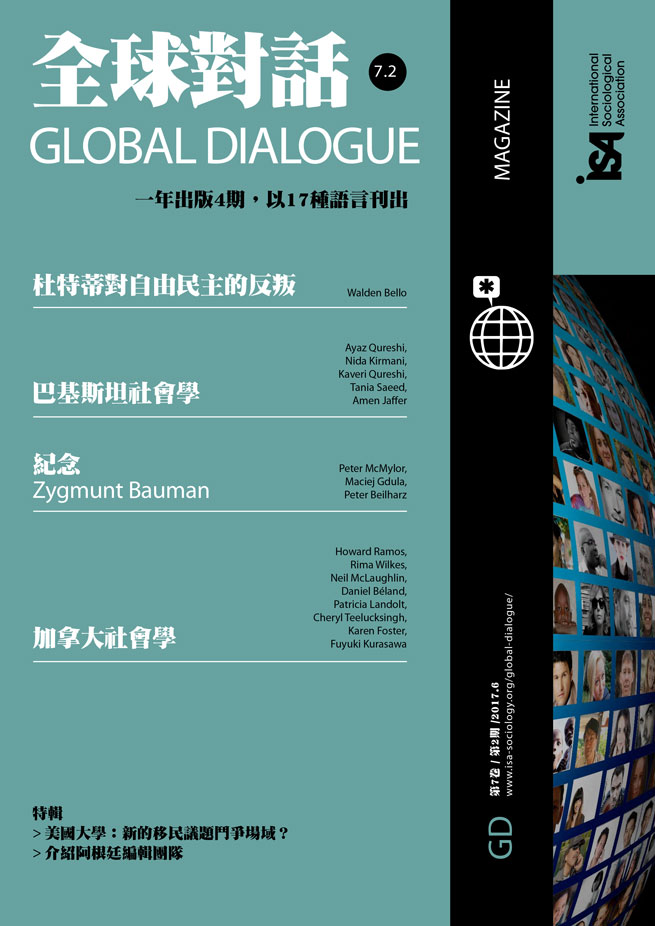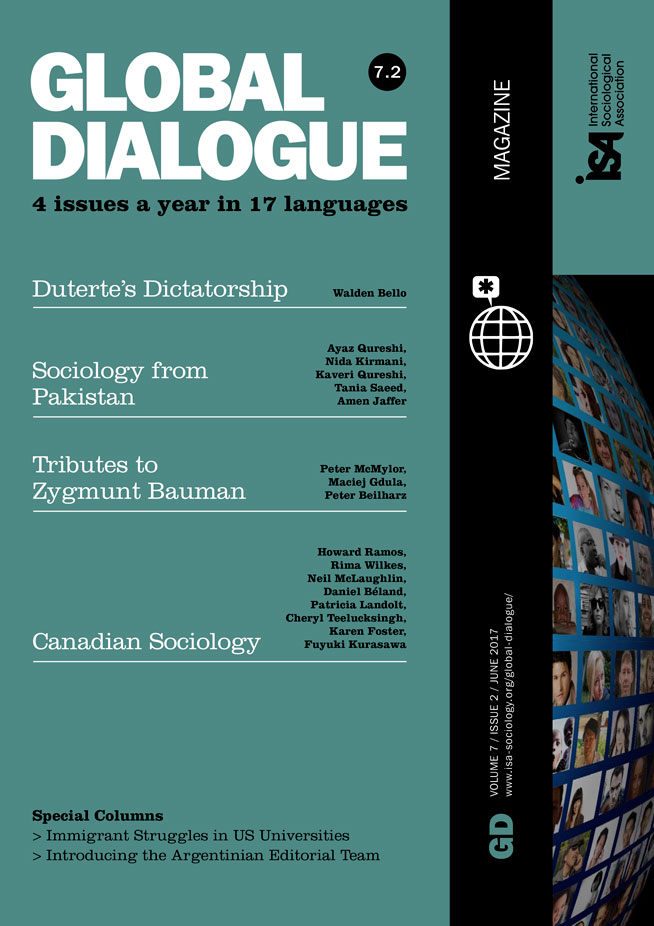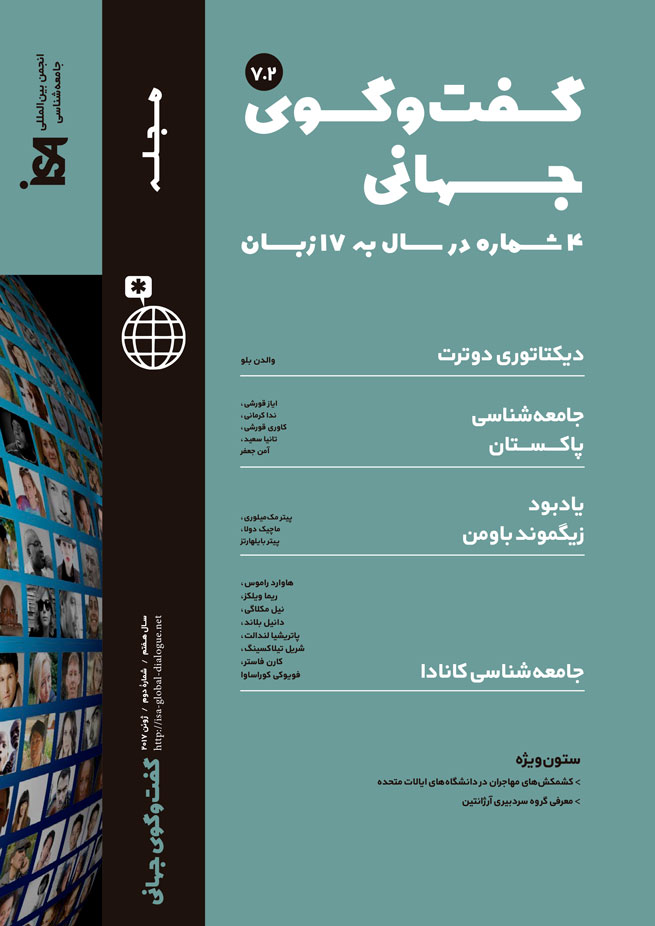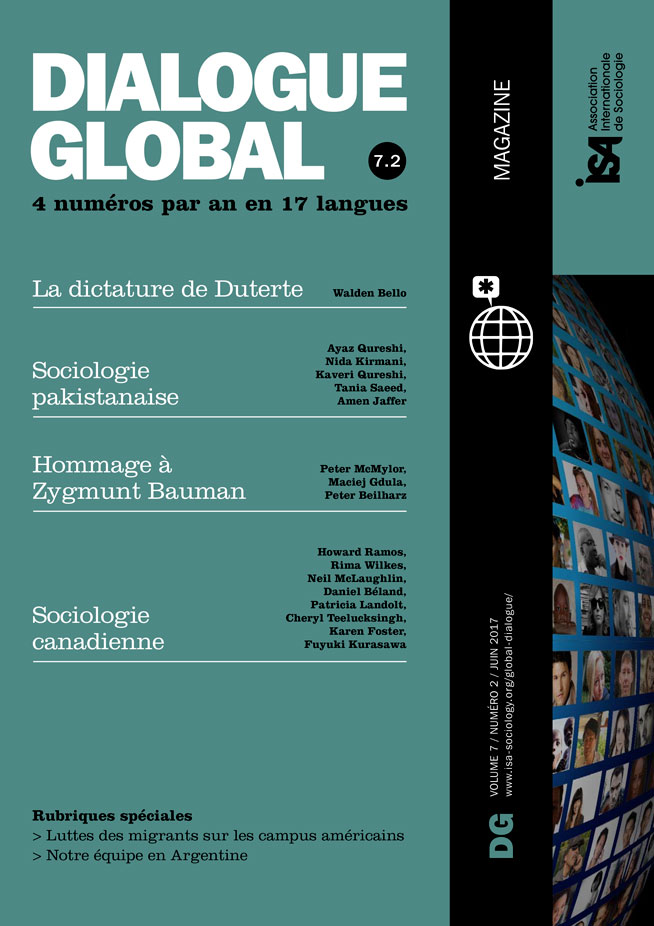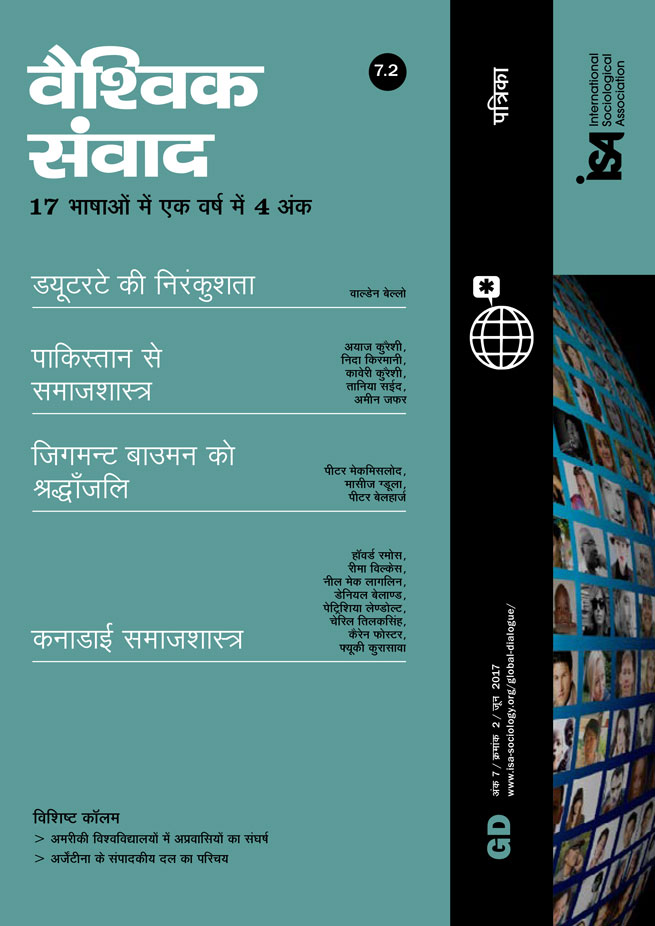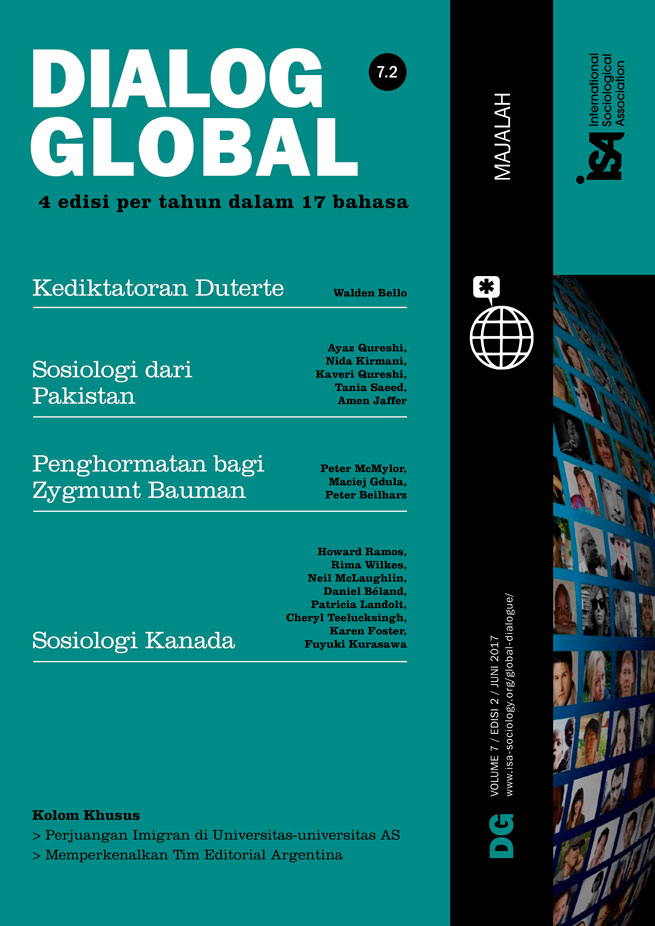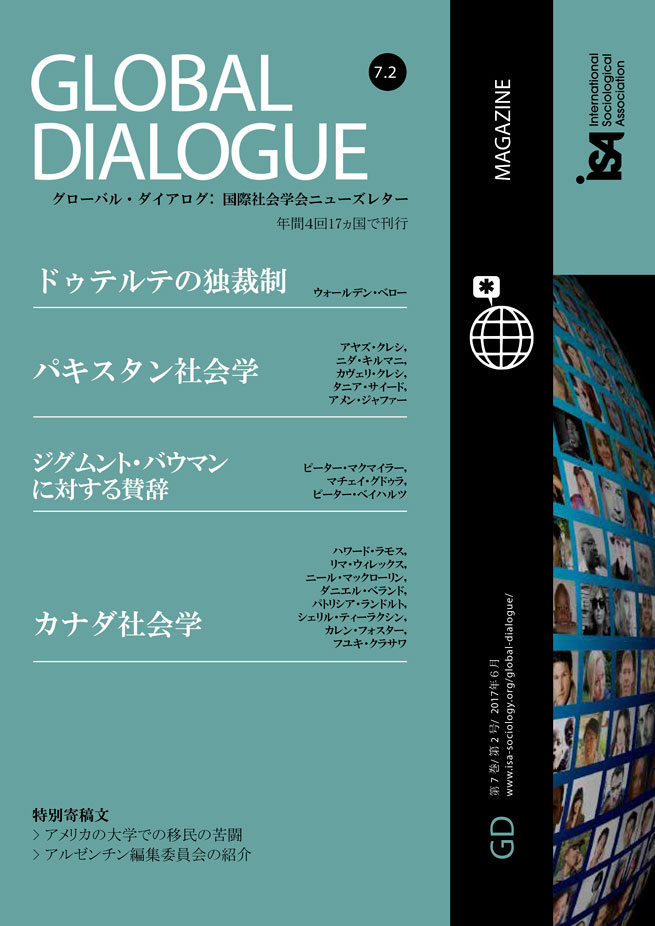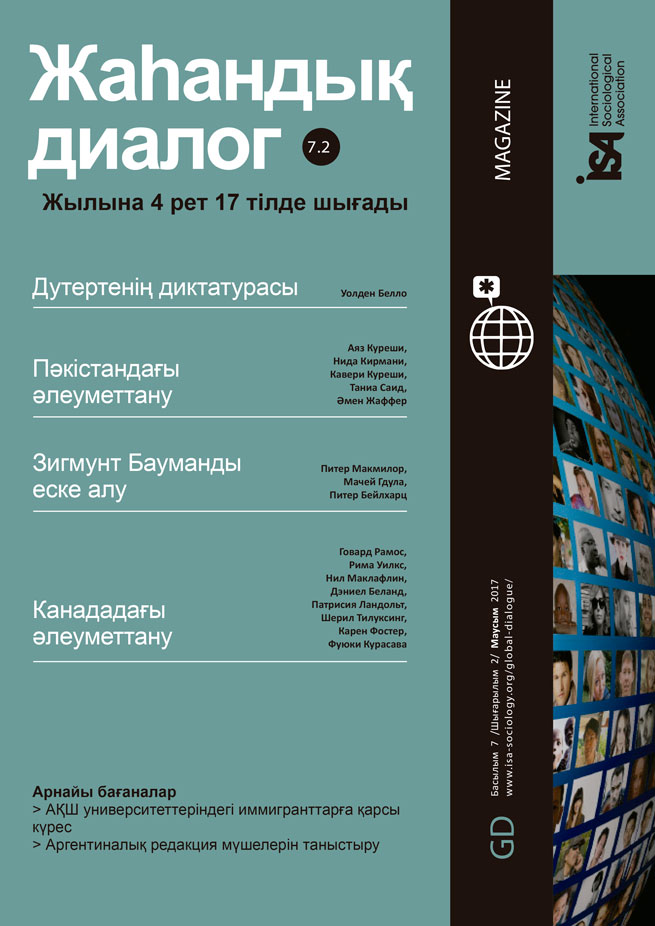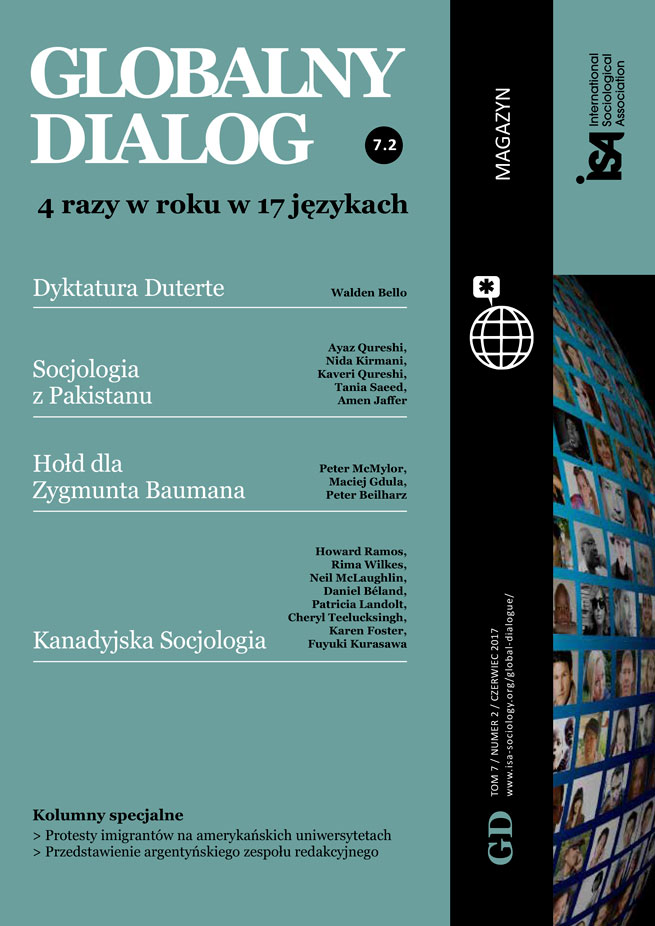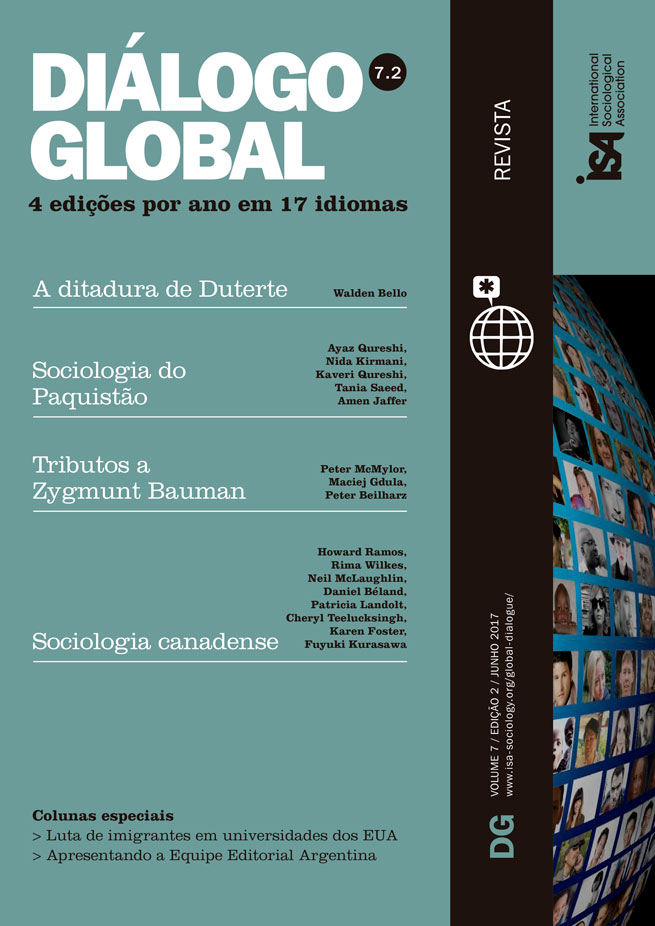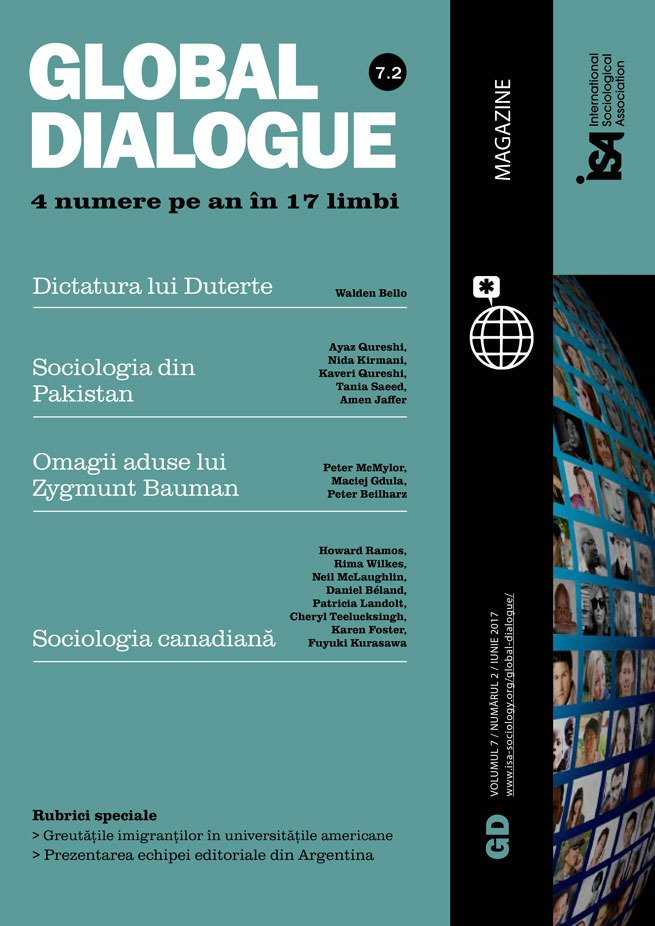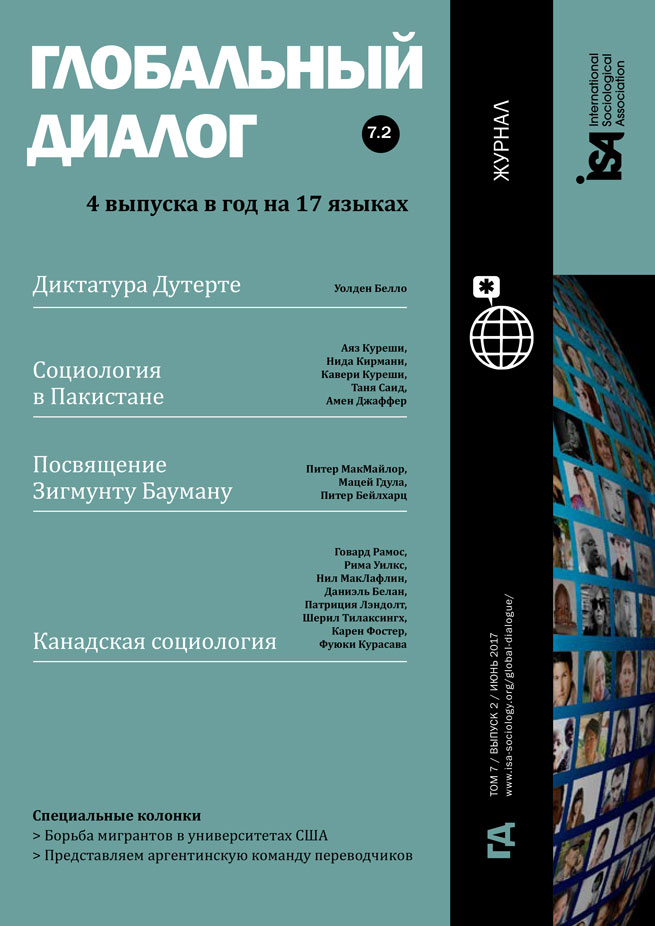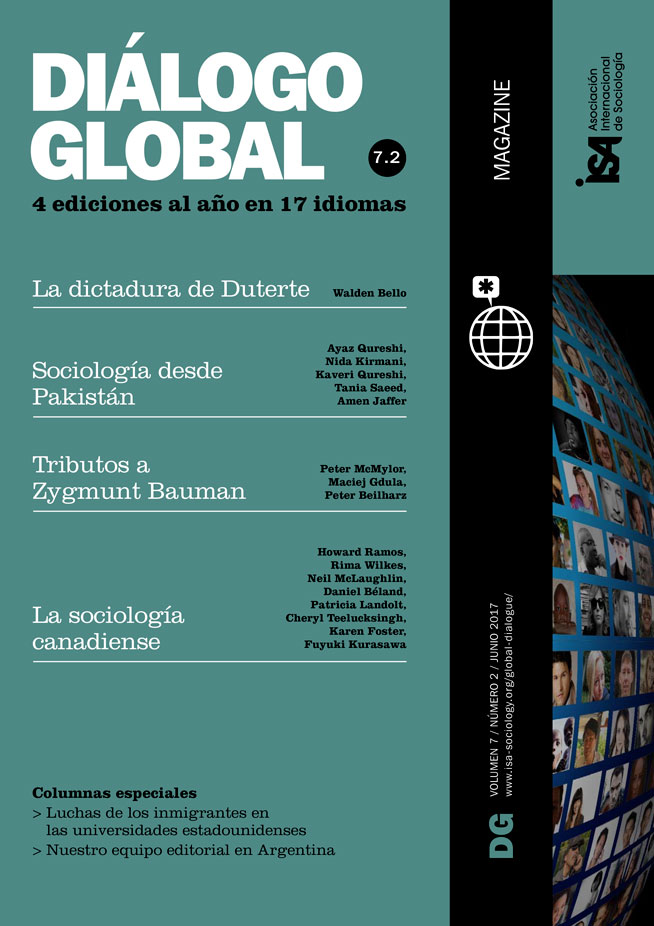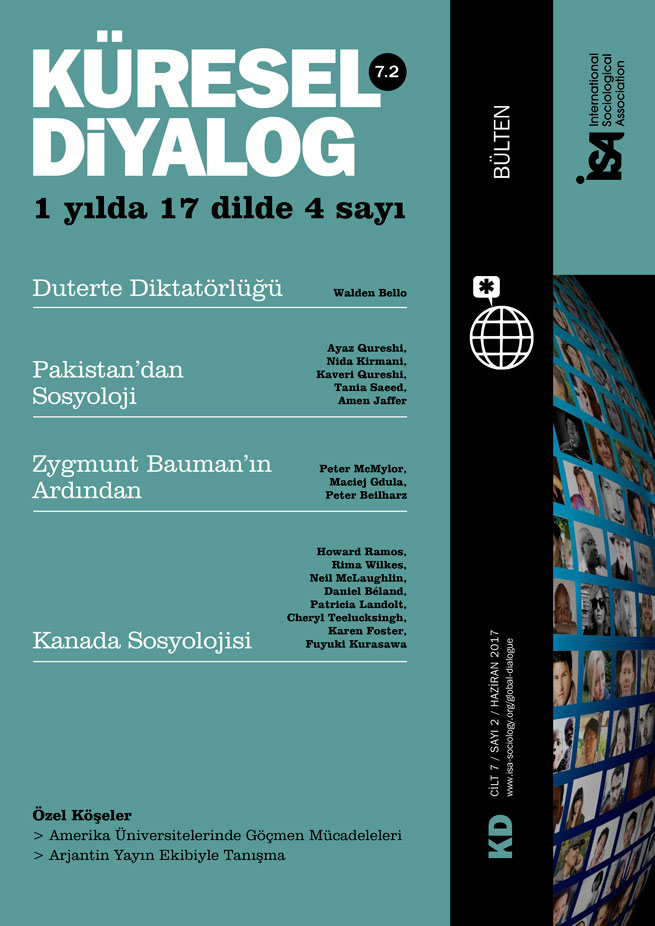To invite sociologists to engage with the media at this particular moment hardly appears propitious. A proliferation of populist nationalisms and religious fundamentalisms is emboldening politicians and celebrities – categories that seem increasingly blurred in our infotainment era – to openly profess hostility towards or ignorance of any type of expertise. Sociologists may confront political animus or popular indifference, for we reveal inconvenient truths that may puncture, undermine, or squarely contradict cherished dogma, or naturalized, (profanely or theologically) sacred, and seemingly self-evident common sense about the social world.
A call for media engagement will also run up against a widespread belief within the sociological community that sees media organizations as instruments of corporate or state power, or which considers sociologists who work with news outlets to be craven, shallow, and publicity-seeking dilettantes uncommitted to serious scholarly work. Over the last few years, too, a multiplication of “how-to” guides for academics interested in public outreach via social media platforms, has inadvertently fostered a perception that conventional media is sliding into the waste bin of cultural and technological obsolescence.
Whatever kernels of truth may lie in these arguments, disengagement from the media will deprive sociologists of access to the means of mass communication. The reach of mass media remains unrivaled – at the very moment that sociological perspectives on crucial social, political, cultural, and economic debates need to be heard more broadly.
Moreover, engaging with the media makes for better public and professional sociologists. It simultaneously enables us to encounter a wider range of ideas, opinions, and experiences than would be otherwise available, compelling us to reflect upon, frame, and present our work to audiences unaccustomed to academic discourse.
From a global perspective, the Canadian experience offers valuable lessons. Its two dominant, linguistically-based public spheres encompass and mirror the two most common ways in which media organizations view sociologists around the world – and, conversely, illustrate the two strategies through which sociologists participate in public debates via news outlets, as professional specialists, or as public intellectuals.
In English-speaking Canada, as in the rest of the Anglo-American world, professional sociology is a more prevalent mode of disciplinary practice. Here, news outlets primarily solicit sociologists as specialists on a precise topic receiving coverage (say, the settlement of Syrian refugees, or social media-fueled bullying in high schools). At the same time, consistent with American and British tendencies, Anglo-Canadian sociology remains confined to a relatively subordinate public standing vis-à-vis economics, psychology, or political science, whose practitioners have traditionally enjoyed a greater presence on prestigious national television and radio panels or in newspapers of record.
In French-speaking Québec, on the other hand, sociology occupies a public role that rivals, and often surpasses, its professional one – much as it does in Latin America and continental Europe where the discipline benefits from a relatively high degree of socio-cultural esteem and intellectual prestige. Sociologists have contributed in significant ways to the articulation of the social and cultural foundations of francophone Québécois collective identity and nationhood since the anti-clerical and modernizing ”Révolution tranquille” of the 1960s. As a result, sociologists in Québec tend to be viewed as public intellectuals and generalists. Frequently, journalists or hosts approach sociologists to opine on broad social and political questions, asking, “what do you, as a sociologist, think” about a given topic?
Although the above observations are derived from the Canadian context, the dual character of sociology’s positioning – either as a specialized profession or a public intellectual pursuit – is generalizable to many other settings. Moreover, because their risks and rewards differ, each of these modes of practice calls for a distinct set of strategies of media engagement – and each offers valuable lessons for all practitioners.
In the Anglo-American world, where the legitimacy of sociology is less well established and principally grounded in professional specialization, three tenets could help in efforts to publicize the discipline:
- Understand your positioning. Study the ideological and professional terrain of your national media fields to grasp what role you may be asked to play. Why are producers or journalists soliciting you; to what ends is your expertise being requested; and how will your statements be framed in an article or during an appearance?
- Embrace a varied diet. Apply media sociology’s analytical principle of representative sampling to the interviews that you grant by speaking with less prestigious or consecrated news sources such as community radio stations, smaller newspapers, and so forth. This will allow you to reach an audience that may not be as familiar with, and may be intrigued by, a sociological vantage point on a particular topic.
- Opinions are cheap, but (sociological) facts are hard-earned. In the age of social media, everyone has an opinion and a platform from which to broadcast it. Your differentia specifica as a professional specialist, then, stems from your ability to draw upon research findings and cite facts to counter popular misconceptions, as well as locate a particular event within its broader socio-historical and comparative context. For places such as Latin America, continental Europe, and francophone Québec, where the sociologist regularly performs the role of public intellectual and where media engagement veers toward professional specialization, I offer two proposals:
- Shape the encounter. Since journalists or producers will normally conduct a pre-interview with you and value your advice highly, take the opportunity to mold the angle that the story will take. Suggest alternative lines of inquiry, recommend another person to be interviewed, or follow up by sending reports, data, or even (note!) a refereed journal article or book on the subject.
- Keep your eyes on the prize. Given that you will be viewed as a public intellectual, it will be tempting to make sweeping pronouncements about the state of the world or speculate about causal ties. Instead, steer the interview back to matters that touch upon your areas of expertise. Do so in a concise manner that focuses on key points, offering an analysis that is accessible yet neither diluted nor “dumbed down.”
A final point applies across all settings: timing is everything. Tight deadlines and fleeting newsworthiness are sacrosanct for the media. You need to find a balance between accommodating their last-minute requests and your own schedule. Reporters, producers, and editors cannot and will not wait for you to find the time to grant them an interview or publish your op-ed piece once their story is filed or has faded from public consciousness.
Rather than suggesting that sociologists should become bloviating windbags or tiresome pundits, I have argued for renewed collaboration with the media. It behooves us to cultivate sociology’s twin purpose as a public vocation and a professional discipline, an alternative to the kind of public relations spin, entrepreneurial platitudes, or cynical opportunism that too often passes as wisdom in these troubled times.
Fuyuki Kurasawa, York University, Canada and Board Member of the ISA’s Research Committee on Sociological Theory (RC16) <kurasawa@yorku.ca>
